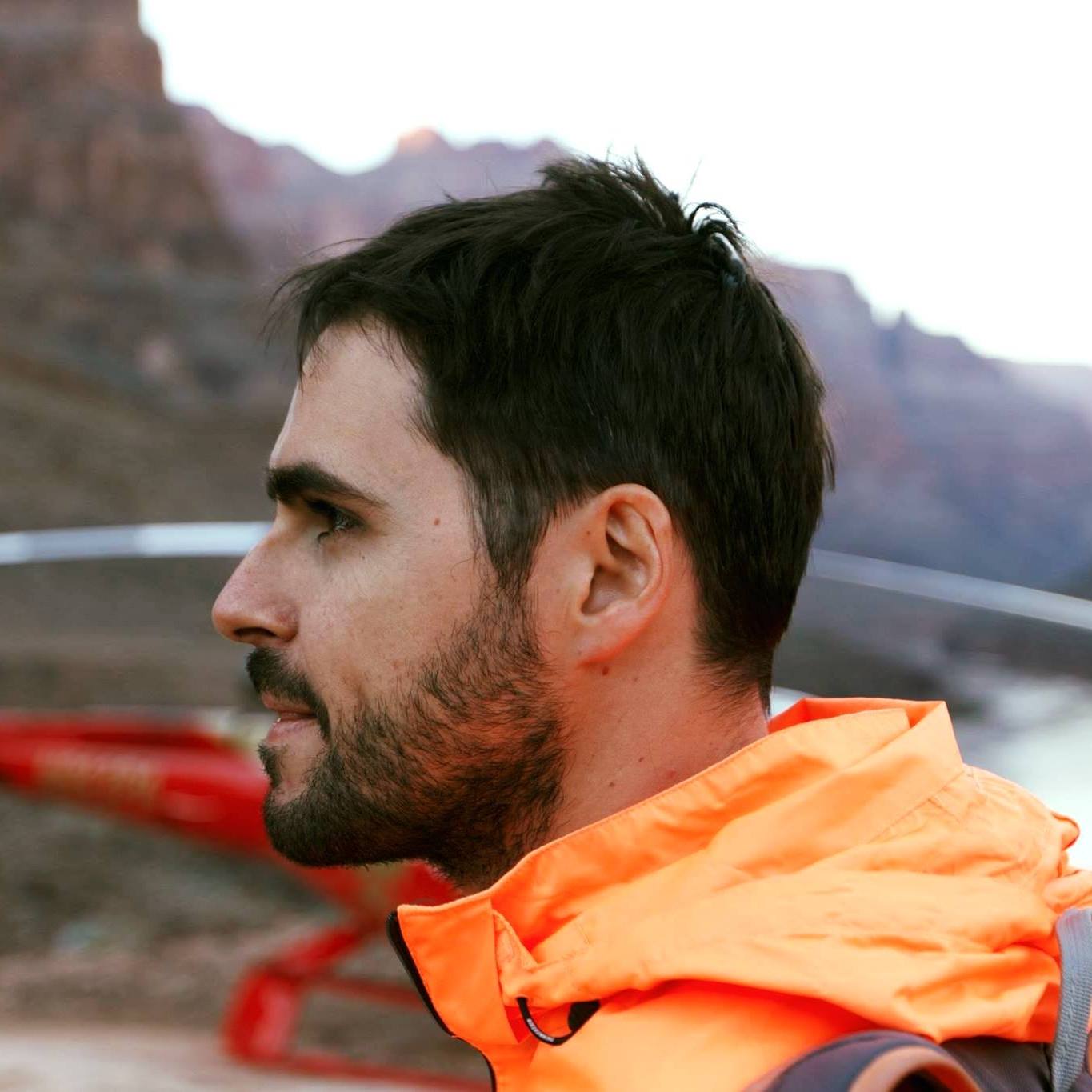I own an Oculus Rift DK2 and it literally blowed my mind away the firts time I tried it. I cannot wait enough for a future where VR is the new killer platform. The possibilities are going to be endless!
There’s a kid-in-a-candy-store vibe to Zuckerberg’s $2 billion bet on this virtual future. But Dixon agrees with him, comparing the Oculus deal to Google’s acquisition of Android back in 2005. “I remember thinking ‘Wow, that’s a futuristic investment,’” Dixon says of Google’s Android buy. “I remember admiring Google for that, but also thinking: ‘It’s a little strange.’ It turned out to be genius.” But that genius wasn’t obvious right away. Android needed time to mature. Virtual reality does too.
